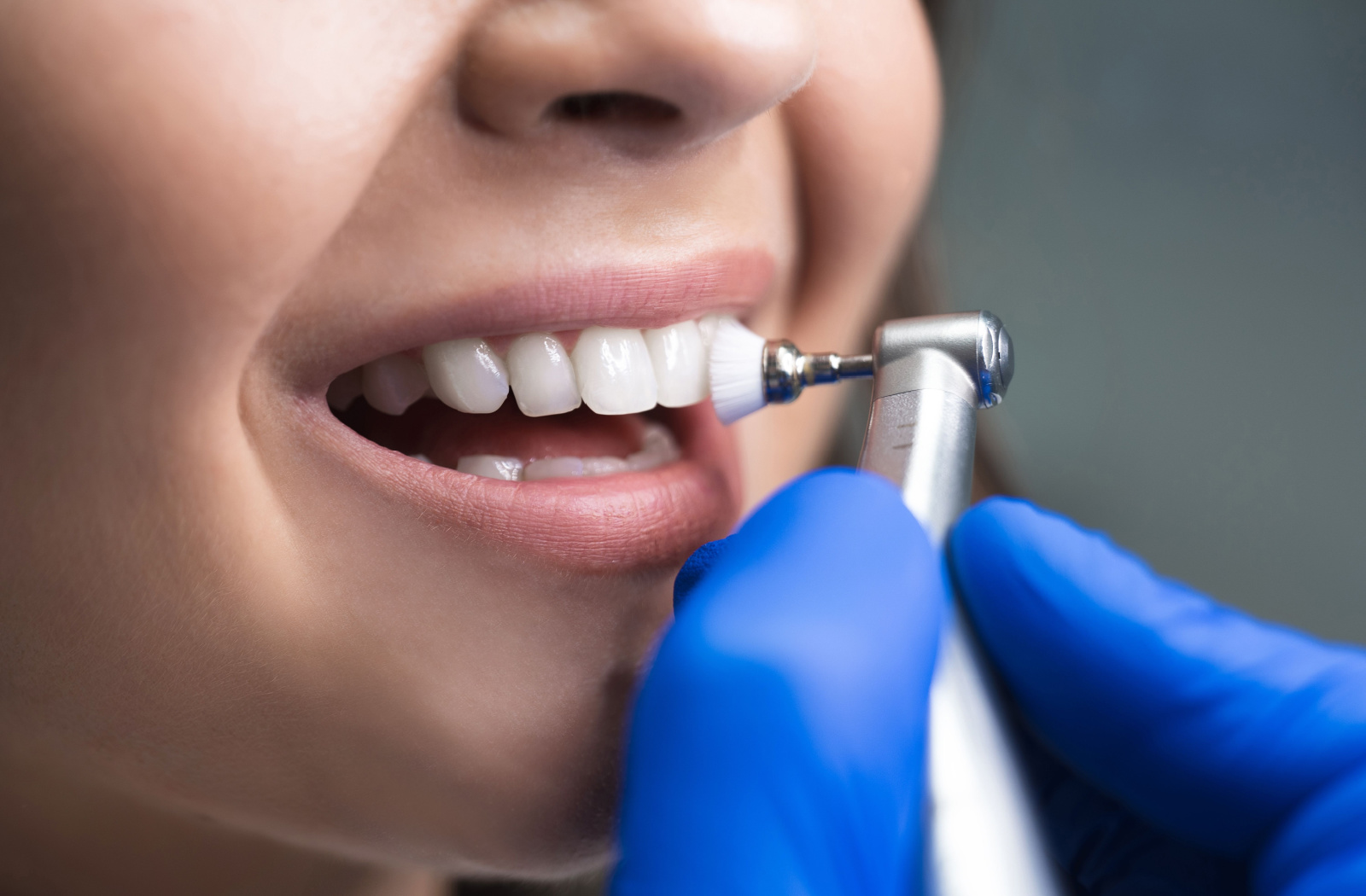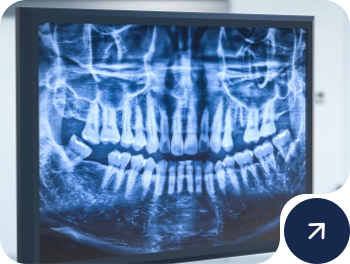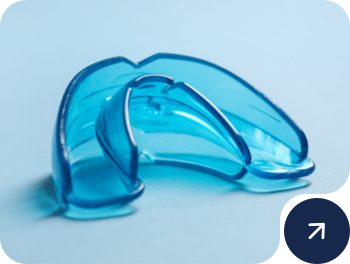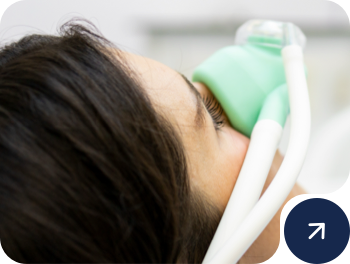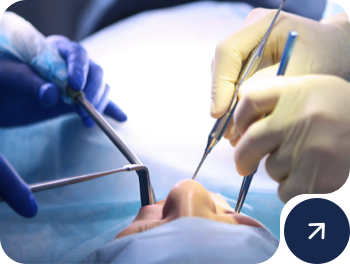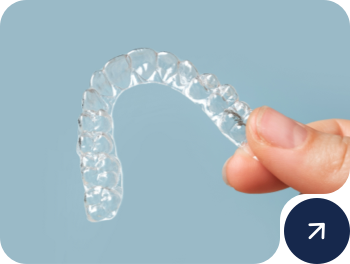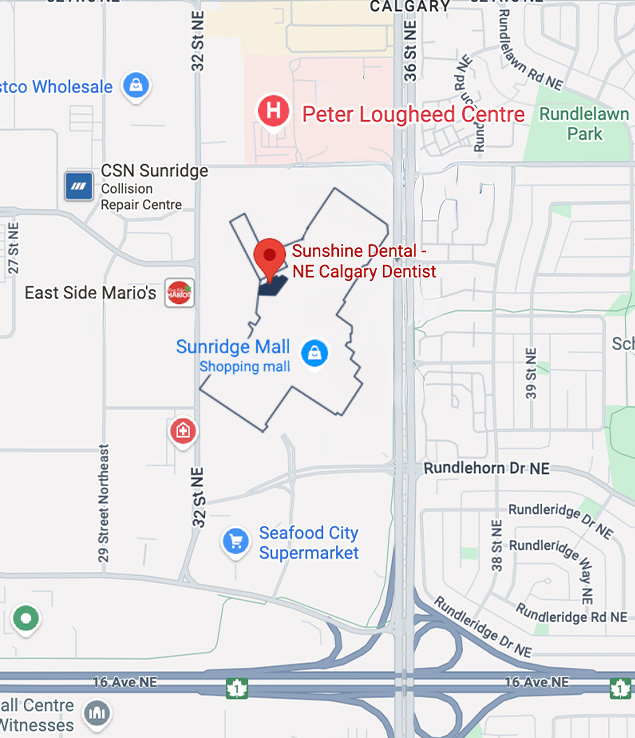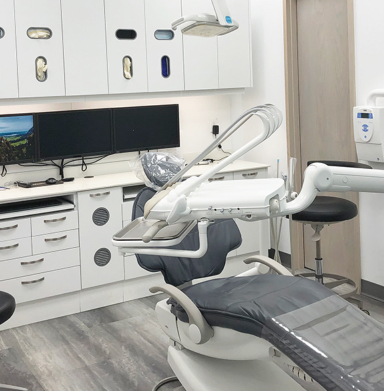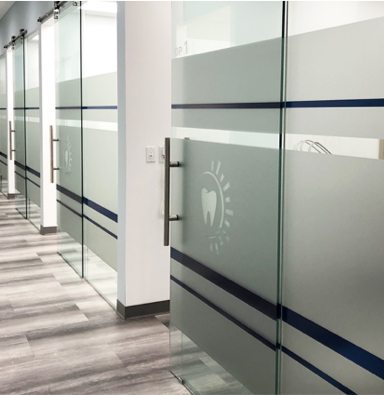A teeth cleaning with your dentist is typically recommended once every 6 months. However, if you have never had a teeth cleaning before or it has been a while since your last one, you may be curious how long it will take. A handful of factors can determine how long a teeth cleaning can take, and understanding what to expect during your visit can help you set aside the appropriate amount of time for your appointment.
What Happens at a Teeth Cleaning?
Some steps of a teeth cleaning may occur in different orders, but there are 5 general steps involved when you visit the dentist for your 6-month cleaning.
1. Examining Your Teeth
A typical teeth cleaning appointment begins with a visual examination of your teeth and gums. This step is fundamental because it helps your dentist identify areas of concern, such as cavities, gum disease, or oral cancers. During this process, they typically use a small mirror to examine your mouth thoroughly.
2. Calculus Removal
Have your teeth ever felt fuzzy or rough? That’s not just normal “texture.” That’s calculus (also known as tartar) buildup. Tartar is the hardened plaque that can form on your teeth if you don’t brush and floss properly. A dental hygienist can use a scaler to help remove the buildup.
3. Polishing
After removing the calculus buildup, your teeth can be polished. This helps remove remaining plaque and surface stains. Dental hygienists typically use a small, spinning brush and a special gritty paste to polish teeth. It might feel grainy, but when they rinse your mouth, your teeth typically feel fresh and smooth.
4. Flossing & Rinsing
After your teeth are polished, it’s time for flossing and rinsing. Your hygienist may floss between your teeth to make sure that debris and plaque are removed from these areas. This is an important step to help prevent gum disease. Following flossing, you can rinse your mouth with water or an anti-bacterial rinse to help get rid of any extra debris.
5. Fluoride Treatment
Lastly, your dentist may offer you a fluoride treatment. Fluoride helps strengthen your teeth by restoring enamel and providing an extra layer of protection against cavities and disease.

What Causes Teeth Cleaning to Take Longer?
Orthodontics (Braces)
If you have braces or other orthodontic appliances, your teeth cleaning may take longer than usual. This is because braces and wires can trap food particles and create difficult-to-reach areas that require extra cleaning. Your dentist may need to use special tools to remove buildup around your braces and wires. However, this is vital to maintaining good oral health during orthodontic treatment and can prevent cavities and gum disease.
Tooth Decay
Tooth decay is another common issue that can make a teeth cleaning take longer. It can occur when bacteria in your mouth produces acid that dissolves the enamel on your teeth. If your dentist detects tooth decay during your cleaning, they may need to perform a filling or other restorative procedure. This can take longer and may require additional appointments. However, tooth decay is often preventable through healthy dental hygiene practices, such as using fluoride toothpaste, drinking fluoridated water and performing regular oral homecare.
Gum Disease
Gum disease is one of the most common reasons teeth cleanings may take longer. Gum disease can be caused by excess plaque buildup over time, which can cause the gums to become inflamed and bleed.
If your dentist detects gum disease during your teeth cleaning, they may need to perform a more in-depth cleaning procedure to remove the buildup thoroughly. This can involve scaling and root planing, which can take longer than a regular cleaning. However, the good news is that gum disease is preventable through routine dental hygiene practices, such as brushing and flossing.
Tartar Buildup
Another reason teeth cleaning may take longer is due to tartar buildup. Once tartar buildup occurs, it can not be removed with regular brushing and flossing and can lead to issues if left untreated. If your dentist detects tartar buildup during your cleaning, they can remove it to protect your oral health. Removing excess tartar can take longer than a typical teeth cleaning.
Medical Conditions
Some medical conditions can also make a teeth cleaning take longer. For example, if you have diabetes, you may be at a higher risk for gum disease and other oral health issues. Your dentist may need to perform a more thorough cleaning to prevent these issues. Additionally, you may be at a higher risk for oral infections if you have a weakened immune system. Your dentist may take extra precautions to protect your oral health during your cleaning.
New Patient Cleaning
Your dental team may ask additional medical and health-related questions if you are a new patient. This helps your new dentist understand your oral health and risks you may have before your cleaning begins. For your first visit to a new dentist, you may want to give yourself some extra time to get acquainted with the front desk, hygienist, and the dentist. Scheduling your dental cleaning at regular intervals can help you remember when you’re due for your 6-month appointment.


